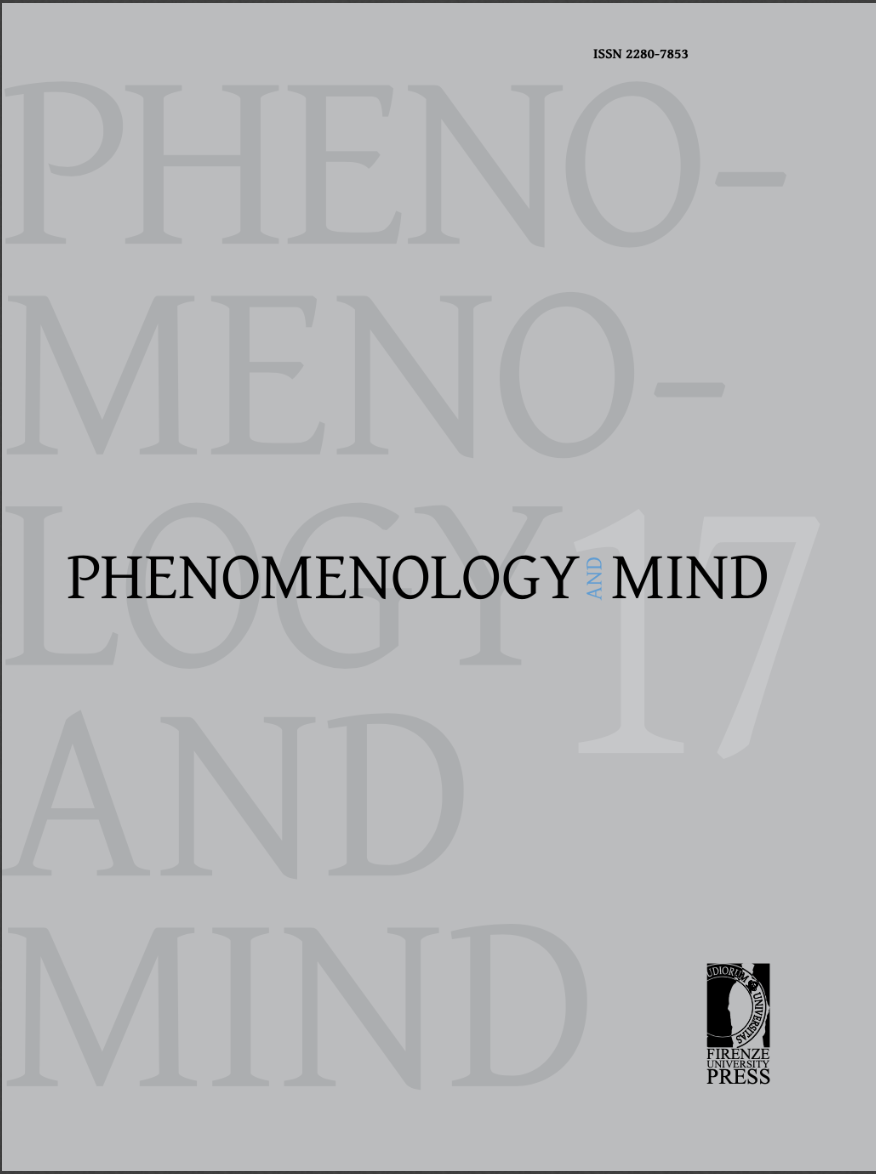From “Nobodies” to “Somebodies”: Immigrants’ Struggle between Surviving and Political Agency in Times of Crisis Governance
Published 2019-09-10
Keywords
- crisis,
- governance,
- immigration,
- security
How to Cite
Abstract
Immigration has become one of the most discussed issues in global political agendas and presents several criticalities. Such criticalities span from immigration management by local, national and transnational institutions, to the enormous flow of people moving across the globe without any certitude about their situation, and the repercussion of this phenomenon on each State’s both internal and foreign policies. All of the above-mentioned crucial situations pose questions which cannot be avoided, yet, don’t have any simple answers. However, for political-philosophical discourses, immigration also exposes in a very critical way what appears to be the inner limits of political analysis, which doesn’t take the complexity of such phenomenon into account. This complexity is not something conjunctural, as various rhetoric of “crisis” would suggest, but it is rather structurally part of the system itself in which it manifests: the contemporary immigration form is namely one of the many faces of what is known as “globalization”, which is essentially connected with the so called “Neo-liberalism”* in politics and “Advanced Capitalism” in economy. In a general framework, impersonal dynamics seem to rule the world by the exercise of global governance that appears to put into question the same political capacity of classically conceived “National States” as primary political actors. Here, uncountable flows of human beings are put in extreme conditions that, on one hand, urge politics itself to elaborate new strategies and, on the other hand, make visible the inner political attitude of these people, who in most of the cases resist, refuse to die, and claim for a decent life.

